Babies find 'home' in her arms
By Yang Wanli ( China Daily ) Updated: 2013-04-10 07:35:06Zhejiang woman has cared for more than 30 children, reports Yang Wanli from Jinhua.
Smoke wafts from a coal stove outside her shack and slips through a crack in the door.
Although it is noon on a late March day, the temperature inside Lou Xiaoying's squalid, unheated shack in Jinhua, Zhejiang province, is around -10 C.
Lying quietly on a single bed covered by three cotton quilts that have lost their color after countless washes, Lou glances toward a railway track.
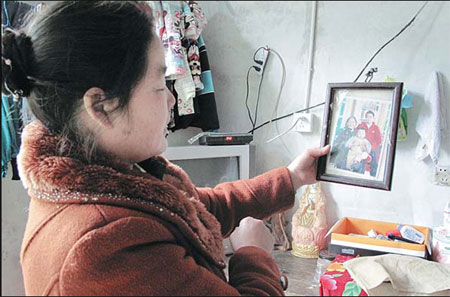 |
|
Zhang Caiying, the eldest biological daughter of Lou Xiaoying, shows a photo of the last child Lou adopted. The 89-year-old Lou adopted 18 children. Yang Wanli / China Daily |
The 89-year-old remembers the cold winter's day in 1972 when she and her husband discovered an abandoned baby as they were picking up garbage outside the railway station.
The little girl, lying in a corner of the station, was almost dead. Although many passengers saw the child, not one approached to help.
But Lou didn't hesitate. As a mother she instinctively took the baby in her arms and carried her "home".
"People who adopt more than one baby, especially those with physical defects, are often not rich or well educated. They don't consider the potential difficulties. They are just driven by a simple idea - to save a life," he added.
The baby Lou found at the railway station proved to be healthy, so she was called Zhang Meixian, Lou's husband's family name plus a given name meaning "As beautiful as a fairy". She was the first of many children Lou and her husband adopted in the following decades. Over the years, they have adopted and taken care of more than 30 abandoned babies, although around 12 died in infancy. So many children have crossed her threshold that Lou can't remember the number. At present, though, she only has one child to look after.
"Most of the babies taken in by my mother were on their last gasp. Some were on the verge of death, but were saved by her tender care. Since the 1990s, her name has spread across the city, to the point where people would just leave babies outside our home," said Zhang Caiying, Lou's eldest biological daughter.
Short of supervision
By January, there were about 615,000 orphans and abandoned children in China, but just 109,000 of them were in State-run orphanages, according to the Ministry of Civil Affairs.
Lou's is one of hundreds of families taking care of abandoned babies or orphans outside the welfare system. Although the practice is illegal, many people are sympathetic to characters such as Lou, who was motivated by the best of intentions, that of saving the life of a child.
Meanwhile, the unofficial adoption of orphans and abandoned children has been the subject of intense public debate since early January, when a fire at an unregistered orphanage in Lankao county, Henan province, claimed the lives of seven children.
A lack of official supervision of abandoned or orphaned children has highlighted the potential risks of private adoption. Now, people are calling on the government to help these "kind-heart adopters".
At this year's meetings of the National People's Congress and the Chinese People's Political Consultative Conference, NPC deputy Jia Weiping proposed that the adoption law be amended to relax the regulations on families looking to adopt orphans and abandoned children with physical disabilities.
Li Liguo, minister of civil affairs, told the NPC annual session that unofficial adoption should be respected. Li's proposal was accepted, but as yet there has been no further movement.
A national survey conducted this year by the Ministry of Civil Affairs showed that recently around 10,000 abandoned or orphaned children have been adopted through unofficial channels, rather than the children's welfare department. Individual families adopted 25 percent of those 10,000, while various religious institutions accounted for the others.
Li said the ministry will cooperate with families and privately operated institutions to ensure that all unofficially adopted children receive proper, government-supervised care, and will provide financial help to those who cannot afford to raise the children they've adopted.
Meanwhile, the ministry has also proposed amending the adoption laws to improve child welfare, and is preparing a proposal aimed at ensuring the protection of children's rights
"About 50 or 60 years ago, many families in China had more than one child. The standard of living was not as high as nowadays, so some people abandoned babies with physical defects," said an official at the civil affairs bureau in Jinhua, who asked not to be named. "A large number of healthy girls were also abandoned because many parents still regarded boys as the source of the family fortune."
In recent years, more children have been abandoned because of disability or illegitimacy.. In 2012, Jinhua's civil affairs bureau coordinated more than 400 official adoptions, many of them to families with fertility problems.
Most babies are abandoned at railway stations or left outside hospitals. Lou found her youngest adoptee in a shoebox left in a litterbin close to Jinhua First People's Hospital in 2007. The boy, whose head was no bigger than an orange and was estimated to be two months premature, still had the umbilical cord and placenta attached.
Lou described how large areas of his skin had turned black and was also stained with antiseptic cream. When her neighbors inspected the half-dead boy, they said only Buddha could save him, but Lou's care and devotion pulled him through. He was later named Qilin.
"Mom didn't collect garbage for weeks. She brought milk powder and fed Qilin several drops every hour and held him tight to keep his body warm," said Zhang Caiying. "We were later astonished to see the black color on his body gradually fade away."
|
|
|
|
|
|
|
|
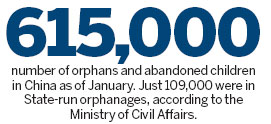
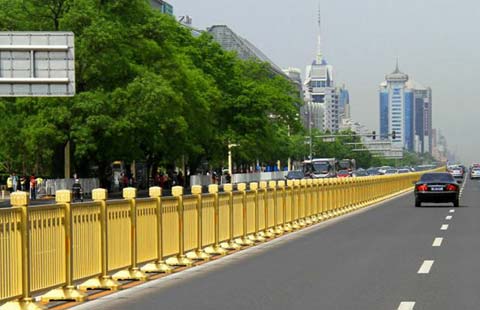
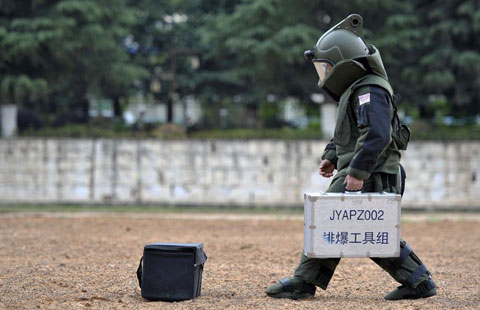
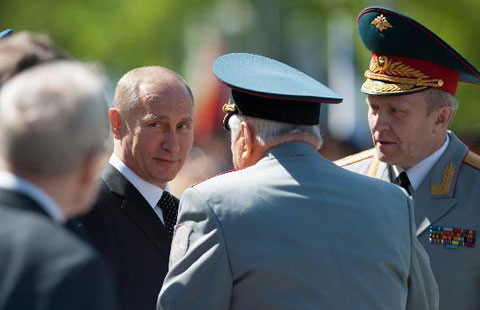
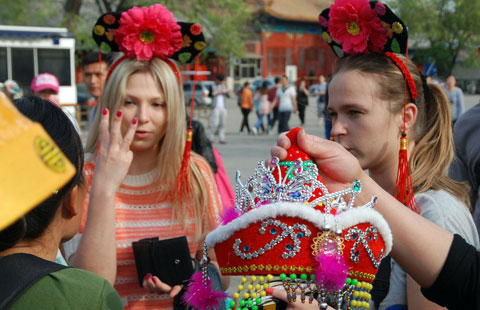
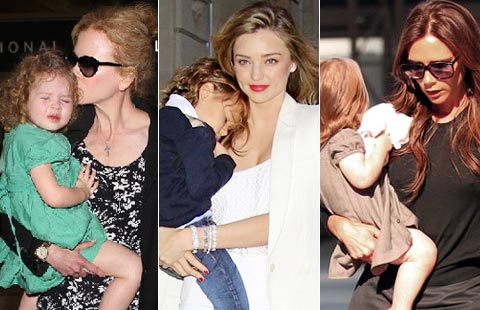
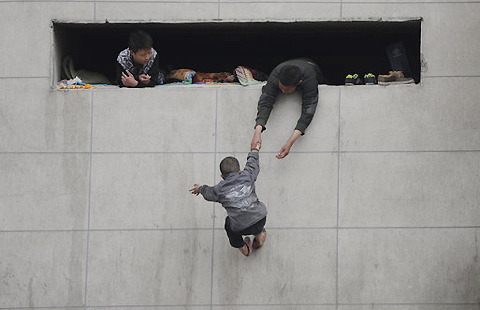
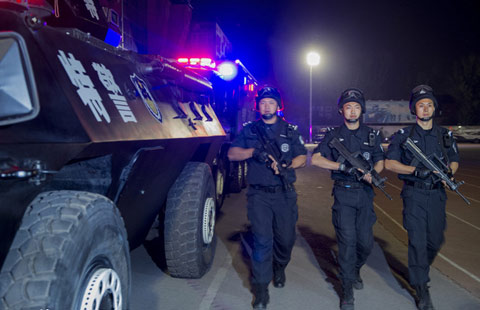
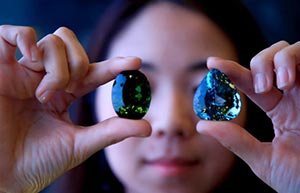
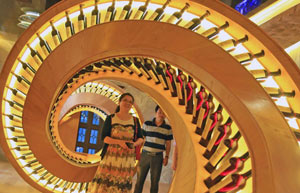

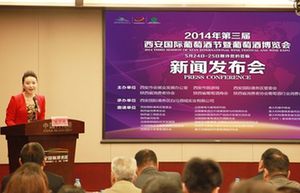
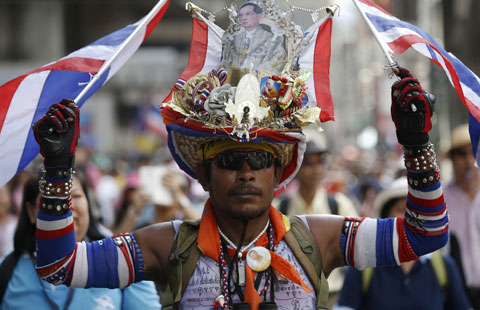






 Op Rana
Op Rana Berlin Fang
Berlin Fang Zhu Yuan
Zhu Yuan Huang Xiangyang
Huang Xiangyang Chen Weihua
Chen Weihua Liu Shinan
Liu Shinan